Your anterior cruciate ligament (ACL) is located in the middle of the knee joint, connecting the shin bone (tibia) to the thigh-bone (femur). It crosses over diagonally with the Posterior Cruciate Ligament (PCL) to control the backward and forward movement of the knee at the joint. It is one of four strong stabilising ligaments of the knee, along with the PCL and the medial and lateral collateral ligaments. The ACL works to stop the tibia from sliding forwards in front of the femur.
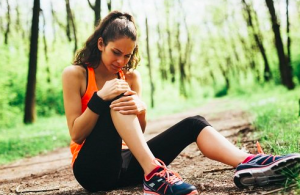
Injury to the ACL is a common knee injury, and often occurs alongside injury to other knee structures, such as the cartilage and the Collateral Ligaments. The different levels of severity of injury include a ligament sprain, a partial tear, or a complete rupture. ACL injuries are often sustained by athletes involved in high-impact sports that involve sudden changes in direction, such as basketball or soccer. ACL injuries are more common in females, which may be attributed to by muscle strength, control and conditioning. Typically, ACL injuries are caused by:
Depending on the severity of your injury, symptoms may include:
When the injury first occurs, it’s important to stop physical activity and avoid walking on the affected knee where possible. Following the PRICE principles (protection, rest, ice, compression and elevation) can help reduce the initial pain and swelling. If you have had a rupture or significant tear to your ACL, you may require surgery. It’s important that you have a diagnosis to confirm the extent of your injury, which may involve having an ultrasound, x-ray or MRI imaging. Your podiatrist can help you gradually rebuild the strength in your knee and surrounding muscles, and improve the range of motion in the joint, which will likely be restricted following your injury. Your podiatrist will make recommendations based on the cause of your injury to both help your recovery and reduce the risk of re-injury in the future. This may look at the use of Orthotics to control motion at the feet and legs, assessing the stability of your Footwear, teaching you how to strap your knee or recommending a Brace, and physical therapy.
.png)
Since introducing shockwave therapy, we’ve helped many of our patients avoid surgery for certain conditions. Here's what you
need to know about shockwave treatment and how it works.
.png)
This Mother’s Day, consider a practical, medically safe, and confidence-boosting gift: a professional KeryFlex nail restoration treatment. It’s a simple, effective, and medically safe way to instantly transform the appearance of toenails.

In some cases like arthritis, continuing to stay active is one of the best things you can do for your joints. Is the same true if you're in pain or have an injury?

A stroke is New Zealand's second single biggest cause of death and a leading cause of serious adult disability. Here's how podiatry can help in your rehabilitation.
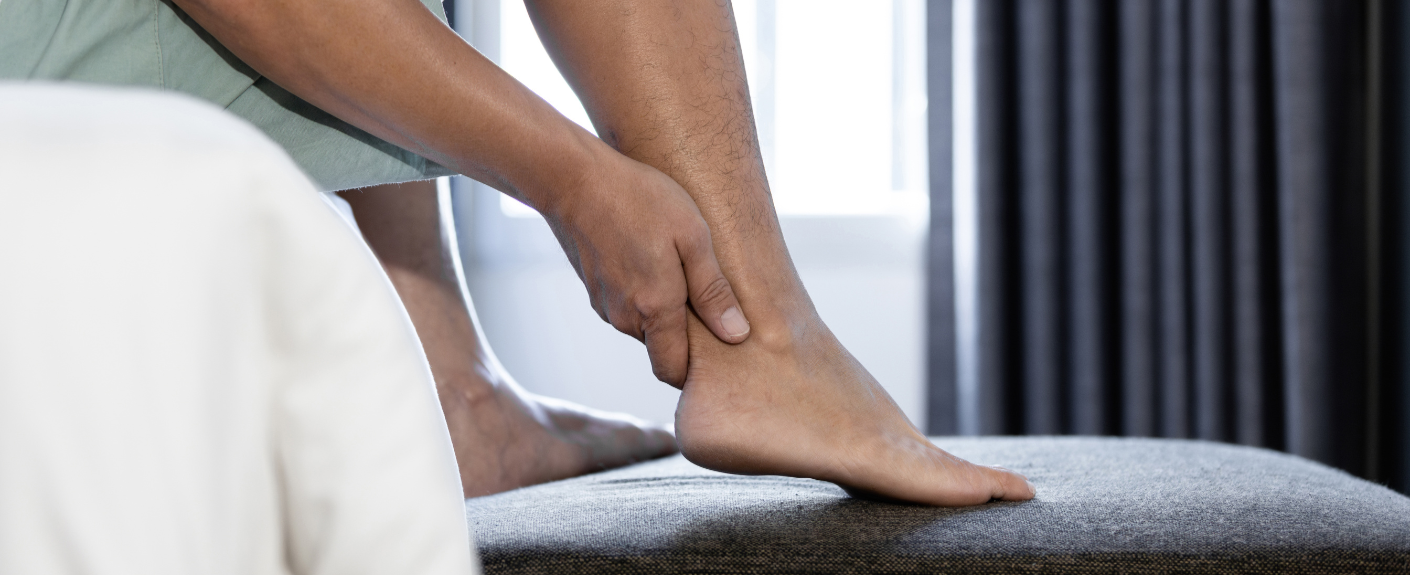
Shockwave is a fantastic treatment for Achilles injuries and Achilles heel pain. Here's how it works and how our podiatrists use it.
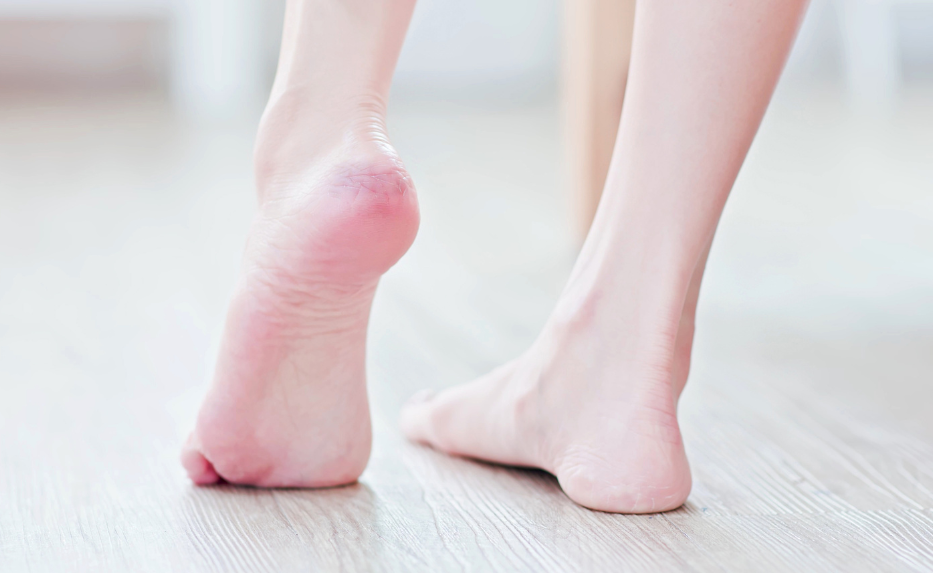
How does shockwave work to relieve foot pain? Here's how it helps you, and how our podiatrists use it at our Remuera clinic.
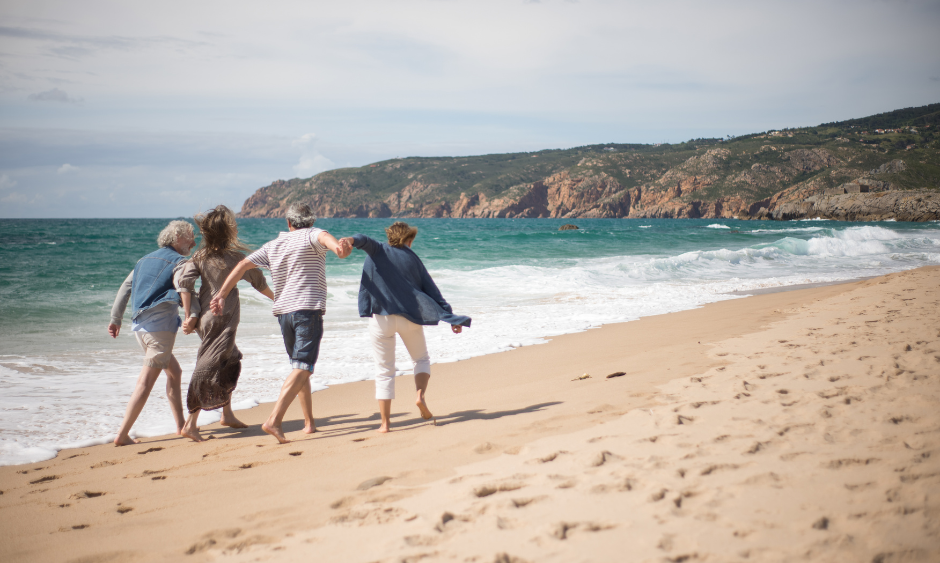
How do you go through the holidays and family visits while keeping up your strength and fitness? Here are five ways.
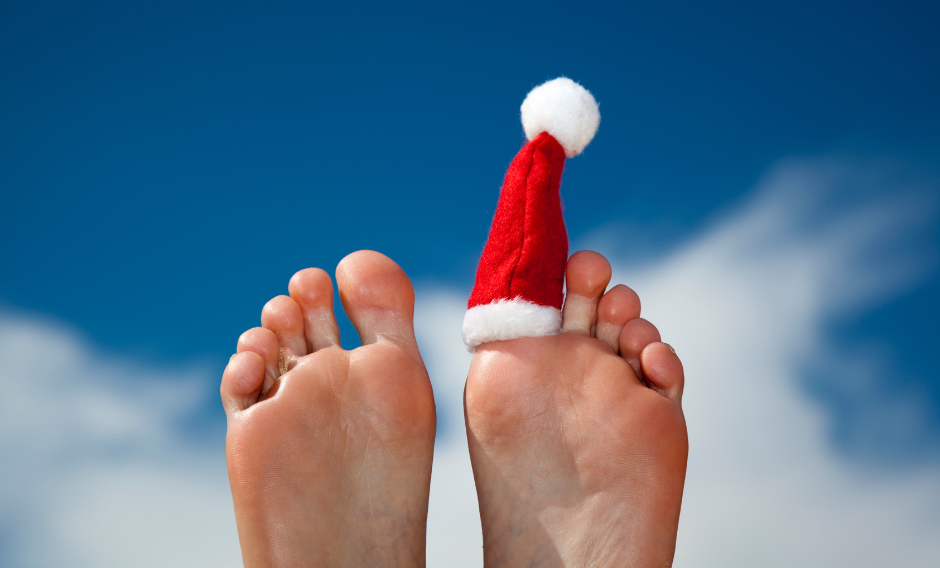
Help your loved ones stay on their feet for years to come with a podiatry appointment. Here's how it can help.
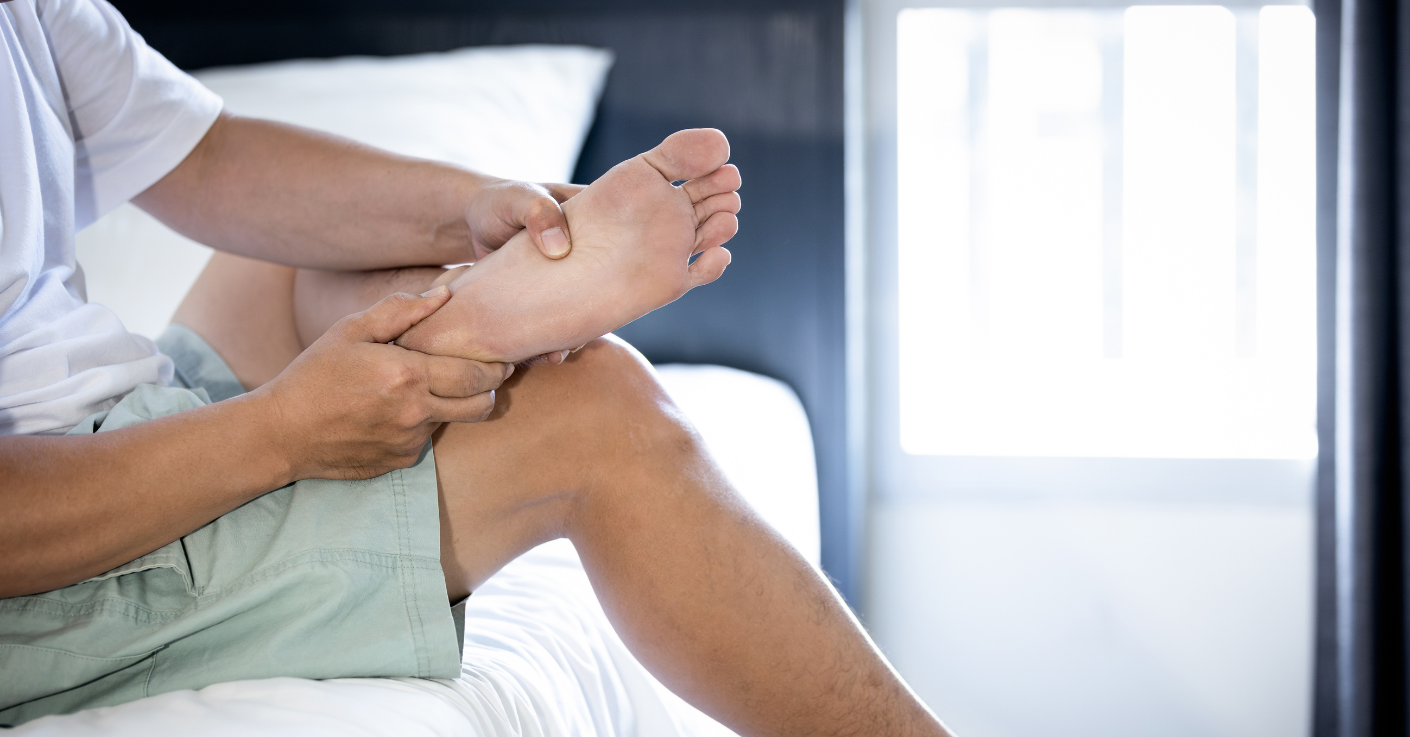
We’ve welcomed the Nu-Tek low-level laser into our podiatry clinic. Here's how you tell if it could be the answer to your foot
pain.
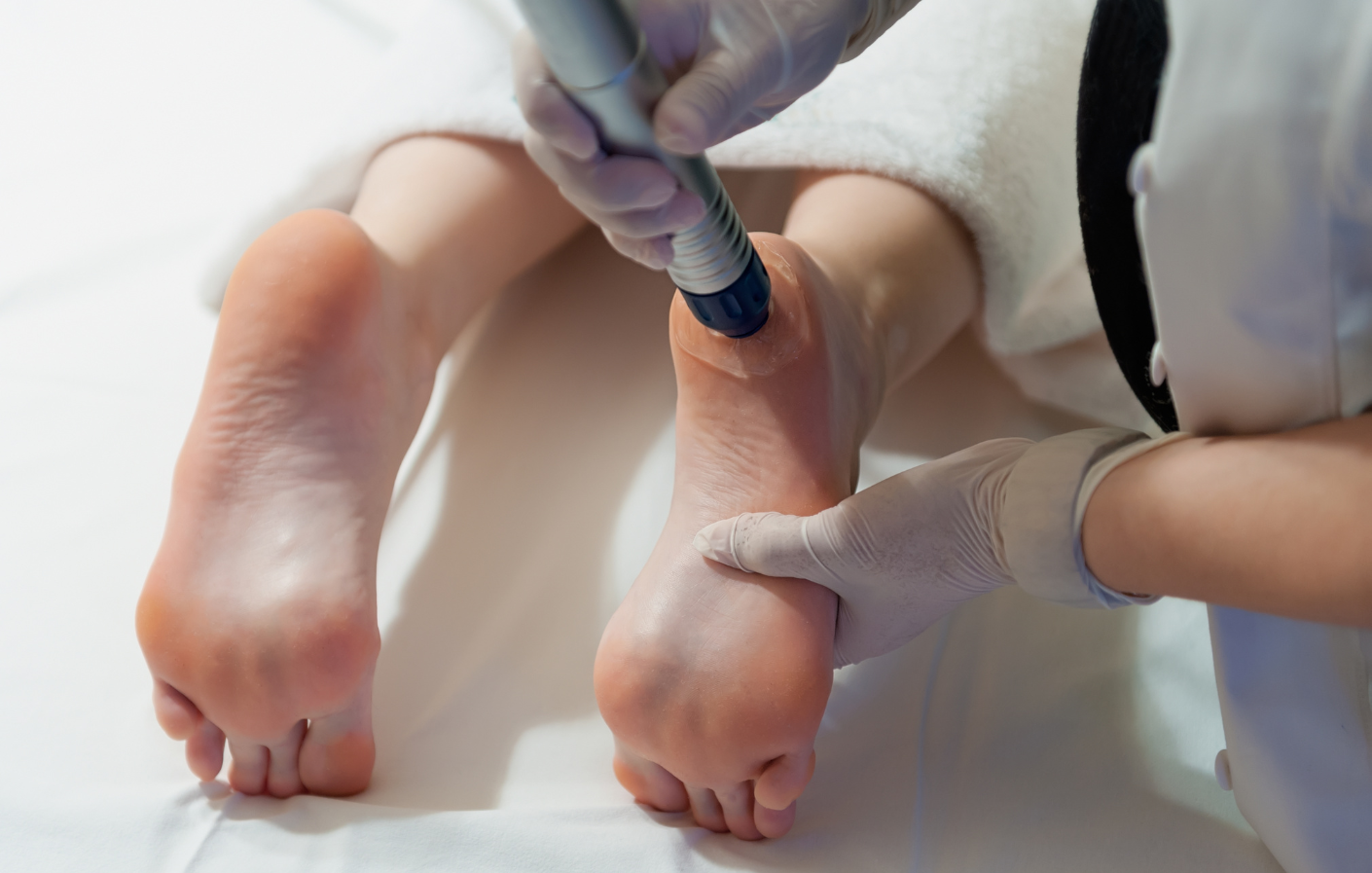
Otherwise known as radial pressure wave therapy, shockwave therapy is a device held by our podiatrists and positioned against your foot or leg at the site of your injury.
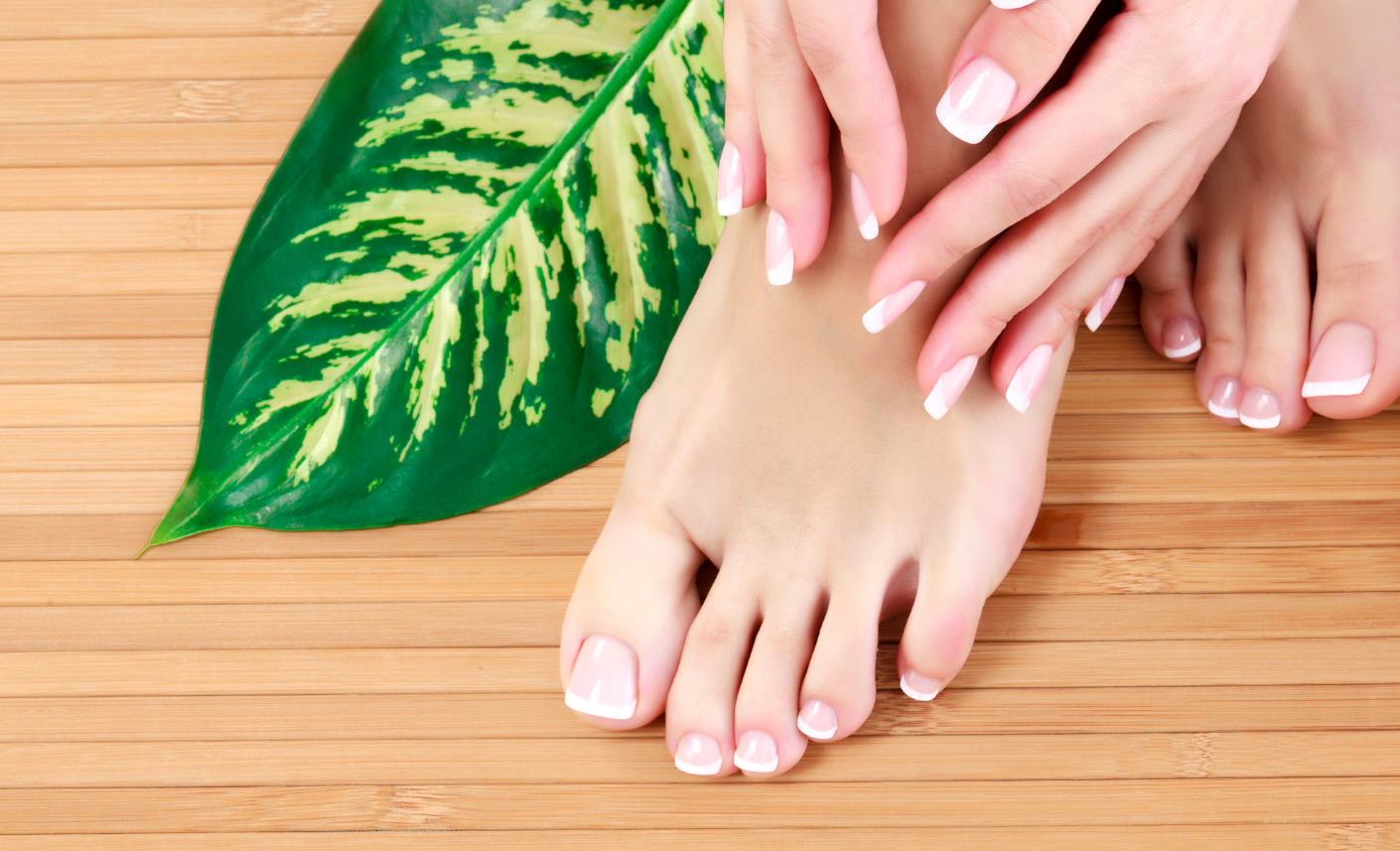
We can transform the appearance of toenails to look healthy and clear in three ways, and as fast as in one appointment. Here's how.
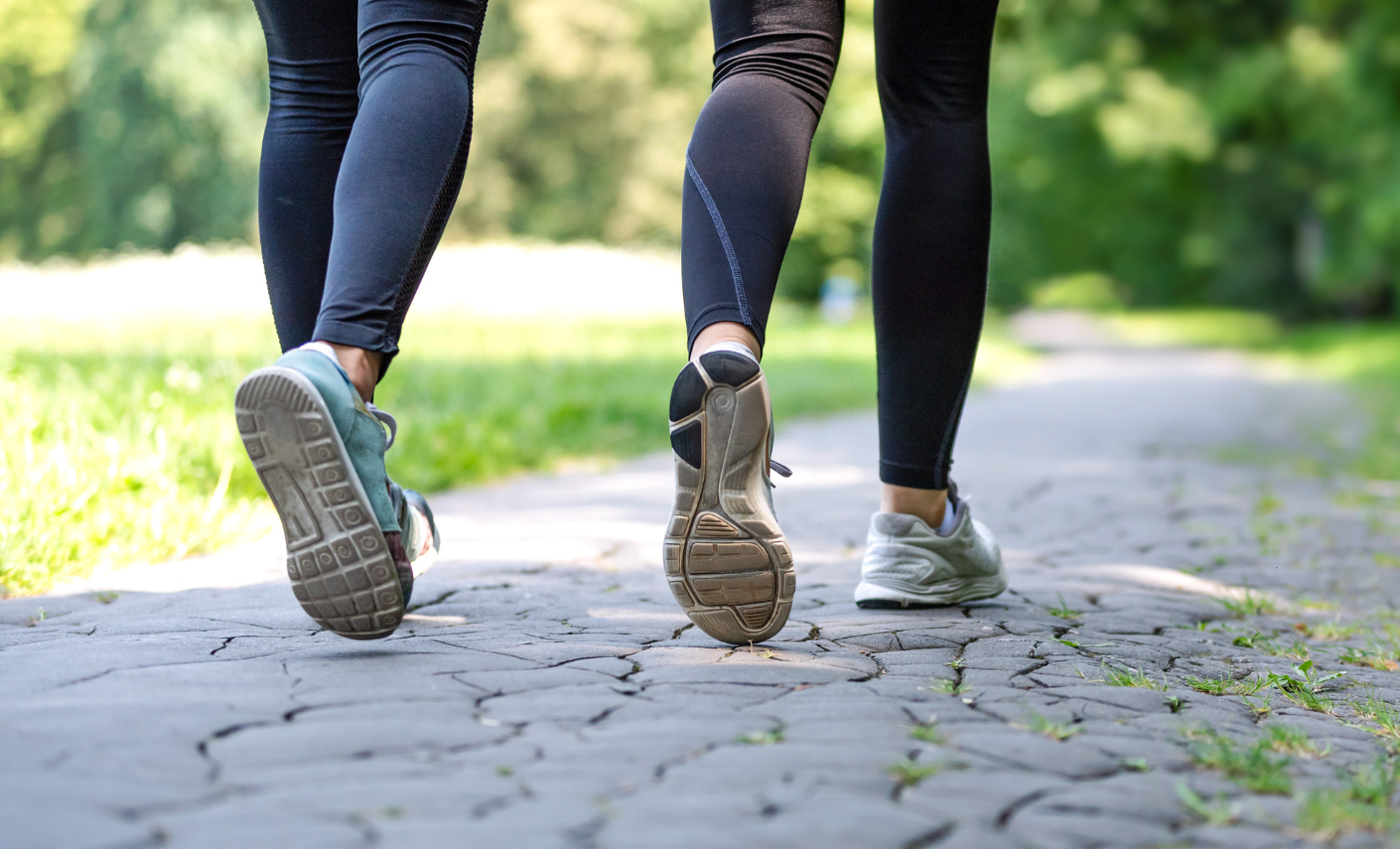
Tingling or numbness in your feet and legs during or after exercise can be an odd sensation. If you’re prone to experiencing it, the most common reasons are related to pressure on nerves or problems with your circulation.
Keeping your family on their feet and helping them to walk, run, play and exceed their goals is why we love getting up in the morning.
Ground Floor, One Health Building
122 Remuera Rd, Remuera
Auckland 1050, New Zealand
| MON - FRI | 7:30am – 6:30pm |
| SAT | 8:30am – 4:30pm |
| SUN | Some availability |
Make an Appointment
Online Schedule